16 March 2025
Urban development has come a long way over the centuries. From cobblestone streets to towering skyscrapers, cities have constantly evolved to meet the needs of their residents. But let’s face it—urban living often comes with its own set of challenges: traffic congestion, energy inefficiencies, overcrowded public transport, and waste management issues, to name a few. Enter smart city technologies: a game-changing, transformative solution that’s reshaping how we think about and experience city life.
Smart city technologies are more than just a buzzword—they’re the backbone of a future where cities thrive, not just survive. In this article, let’s take a deep dive into how these innovations are enhancing urban development and improving the quality of life for millions of people around the globe.
What Are Smart City Technologies?
Before we get into the specifics, let’s first define what we’re talking about. A "smart city" utilizes advanced technologies like the Internet of Things (IoT), artificial intelligence (AI), big data, and cloud computing to manage resources and services more efficiently. The goal? To make life easier, safer, and more sustainable for its citizens.Imagine streetlights that only brighten when someone approaches—saving energy—or trash bins that alert waste management teams when they’re full. Sounds futuristic, right? Well, this future is already happening!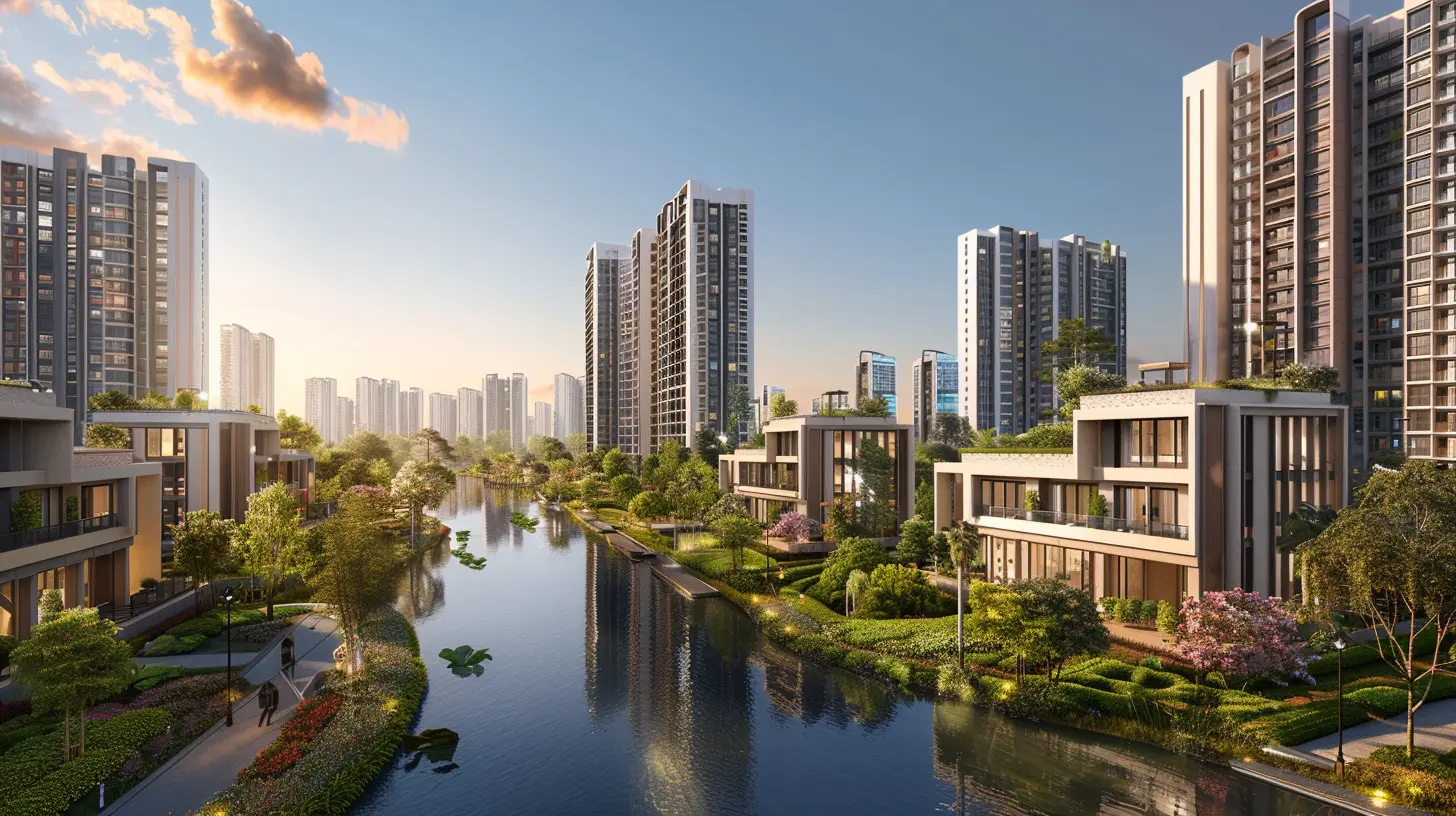
Why Smart Cities Matter in Today’s Urban Development
1. Growing Urban Populations
Cities are expanding—fast. According to the UN, around 68% of the global population will live in urban areas by 2050. That’s a staggering number! With this rapid urbanization comes the need for efficient resource management and infrastructure development to prevent cities from collapsing under their own weight.Smart city technologies provide scalable solutions to deal with this population surge. Think of it as giving cities a brain—only it’s not just smart: it’s efficient, proactive, and people-friendly.
2. Sustainability Is No Longer Optional
Let’s face it—climate change is no longer a distant threat. Cities are some of the largest contributors to carbon emissions, and creating sustainable urban environments has become a non-negotiable priority. Smart technologies help cities cut down on their carbon footprint by optimizing everything from energy usage to transportation networks.For instance, renewable energy grids powered by AI ensure that homes and businesses only use electricity as needed, while smart irrigation systems conserve water for city parks and gardens. It’s like giving cities a green conscience.
3. Quality of Life at the Core
Ultimately, the heart of urban development lies in creating livable spaces where people not only work and survive but truly thrive. Smart city technologies are designed with this exact purpose in mind. By improving everything from air quality to traffic flow, these innovations help residents reclaim precious time and live healthier, happier lives.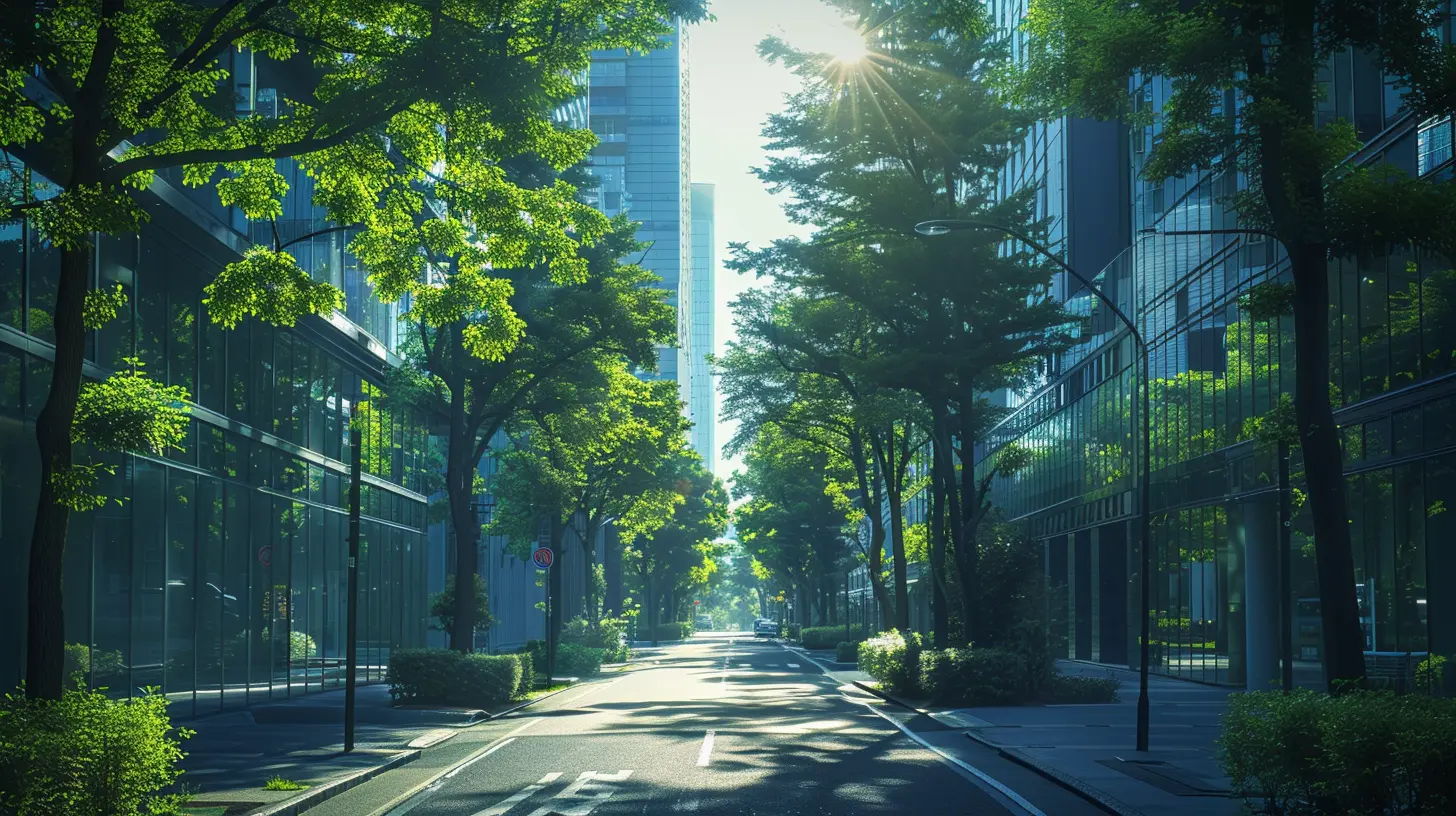
Key Areas Where Smart City Technologies Are Making an Impact
Wondering how these technologies show up in real life? Let’s break it down into some key areas:1. Smart Transportation: Beating the Traffic Blues
Is there anything more frustrating than sitting in traffic for hours? Smart city technologies are transforming urban mobility by making transportation more efficient and accessible.- Smart Traffic Lights: Using IoT sensors and AI algorithms, traffic lights can adapt to real-time congestion, reducing bottlenecks at intersections.
- Autonomous Vehicles (AVs): Self-driving cars and buses are no longer science fiction. They’re being tested in cities worldwide to improve safety and reduce human error.
- Shared Mobility: Bike-sharing, ride-hailing services, and electric scooters are made more efficient with GPS tracking and real-time availability updates.
Think of it as a symphony where every car, bus, and bike has its own role to play—and the conductor is smart technology.
2. Energy Efficiency: Powering Cities Responsibly
Energy is the lifeblood of a city, but traditional grids are often wasteful and outdated. Enter smart energy solutions!- Smart Grids: These systems adjust energy distribution based on demand, preventing blackouts and cutting down on unnecessary energy usage.
- Renewable Integration: Solar panels, wind turbines, and other renewable sources can be seamlessly integrated into urban energy systems, reducing reliance on fossil fuels.
- Smart Meters: These allow residents to monitor their energy consumption in real-time, helping them make smarter, eco-friendly choices.
It’s like putting your city on a healthy energy diet—cutting out the junk and focusing on sustainability.
3. Waste Management: Smarter, Cleaner Cities
Let’s be honest—no one likes to think about garbage. But efficient waste management is crucial for urban development.- Smart Bins: Equipped with sensors, these bins alert waste management teams when they’re full, ensuring timely pickups and cleaner streets.
- Recycling Analytics: Advanced sorting technologies and AI can identify recyclable materials, helping cities reduce landfill waste.
Imagine having a "Marie Kondo" system for your city’s trash—it sparks joy, doesn’t it?
4. Public Safety: Keeping Urban Spaces Secure
Safety is a top priority in any city, and smart technologies are making urban areas safer for everyone.- Smart Surveillance: AI-powered cameras can detect unusual activities or identify potential threats in real-time.
- Emergency Response Systems: IoT-powered alert systems can pinpoint the exact location of emergencies, enabling faster response times.
- Predictive Policing: Using big data analysis, law enforcement can predict and prevent crimes before they happen. It’s like having a crystal ball, but tech-powered.
5. Health and Well-Being: Urban Living Made Healthier
City living doesn’t have to mean poor air quality and skyrocketing stress levels. Smart technologies can make urban areas healthier.- Air Quality Sensors: These monitor pollution levels and provide real-time updates, helping residents make informed decisions.
- Smart Healthcare: Telemedicine hubs and AI-powered diagnostics ensure that top-notch healthcare is accessible to all urban dwellers.
- Green Spaces: IoT systems can maintain urban parks efficiently, creating more greenery and outdoor spaces for relaxation.
It’s like giving your city a wellness program—one that benefits every resident.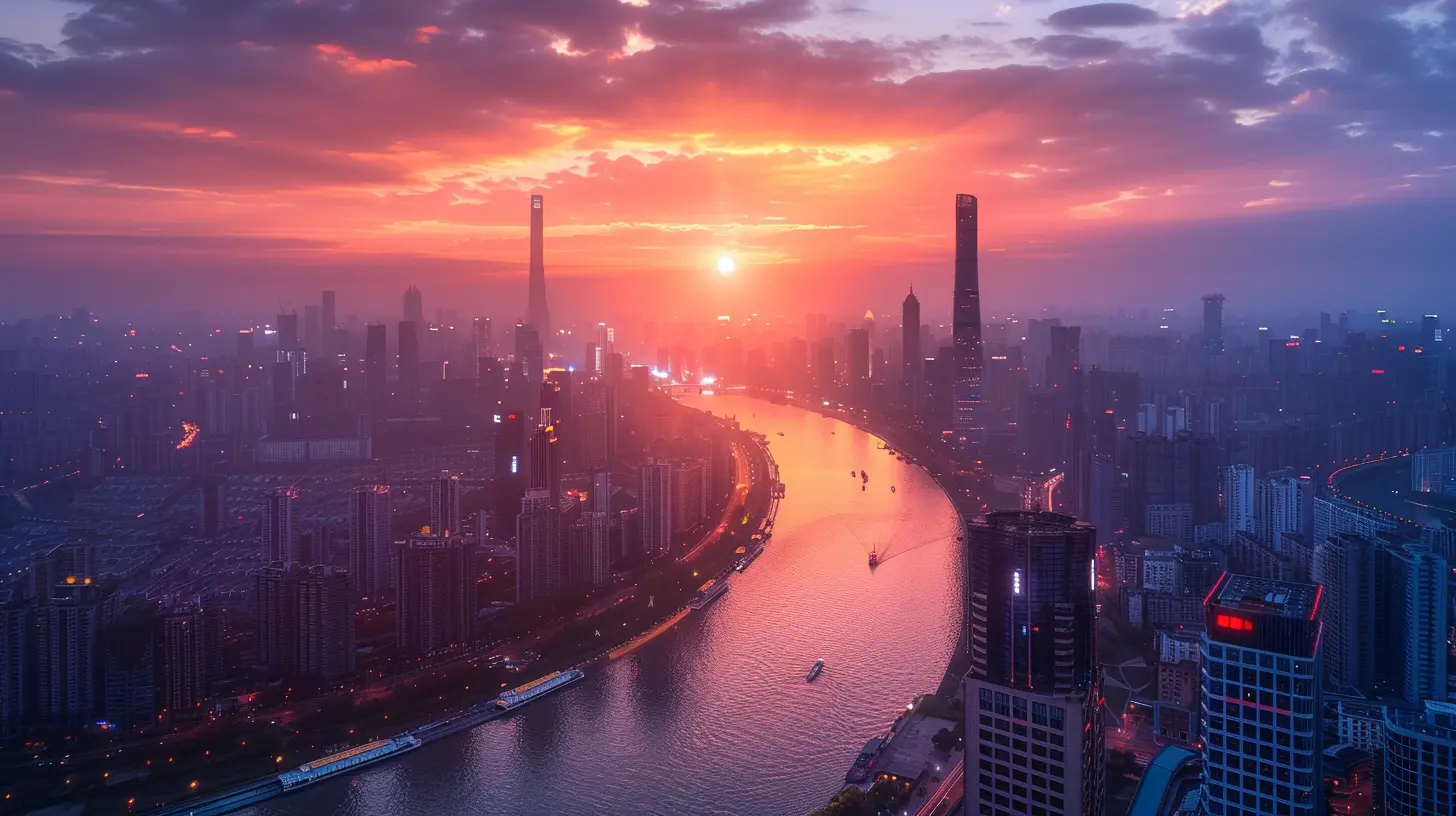
Challenges in Implementing Smart City Technologies
Okay, so smart cities sound amazing, right? But let’s not sugarcoat it; there are challenges too.- Cost: Implementing these technologies doesn’t come cheap. Many cities struggle with securing funding for large-scale projects.
- Privacy Concerns: With so much data being collected, there’s always the risk of breaches or misuse. Striking a balance between innovation and privacy is crucial.
- Integration Issues: Not all cities have the infrastructure to support advanced technologies. Retrofitting older systems can be both time-consuming and expensive.
That said, these challenges aren’t insurmountable. With proper planning, collaboration, and public support, cities can transition into smart urban hubs efficiently.
The Future of Urban Development with Smart City Technologies
So, what does the future hold? In a nutshell: endless possibilities. Imagine cities where everything works in harmony—where you can breathe clean air, travel effortlessly, and live in sustainable spaces. With advancements in 5G, AI, and IoT, the smart city concept will only continue to grow.Cities like Singapore, Barcelona, and Copenhagen are already leading the way, proving that this isn’t just a pipe dream but a tangible reality. The question isn’t whether cities will adopt smart technologies—it’s how soon they’ll do it.
Conclusion
Urban development is at a crossroads. Traditional solutions can no longer keep up with the demands of growing populations and environmental concerns. Smart city technologies offer cities a lifeline—a chance to not only survive but truly thrive in the face of these challenges.Whether it’s through smarter transportation, energy efficiency, or improved public safety, these innovations are paving the way for a future where urban living is more sustainable, efficient, and enjoyable than ever before. So, the next time you’re stuck in traffic or see an overflowing trash bin, remember: there’s a smarter way—and it’s closer than you think.

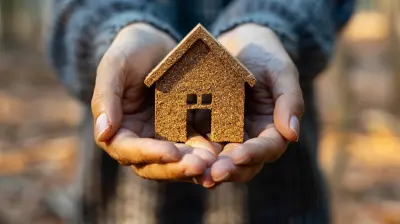
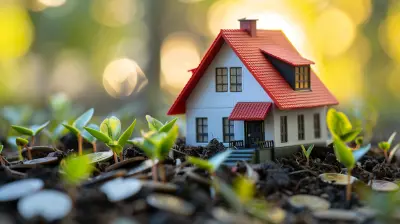

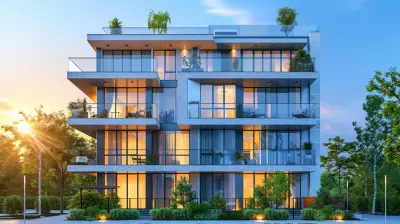
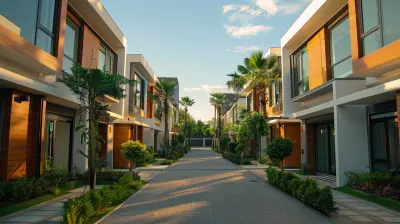


Lark King
Ah yes, because nothing says ‘charm’ like cities filled with sensors and algorithms. Who needs green spaces and community vibes when we can have high-tech traffic lights? Progress at its finest!
March 30, 2025 at 8:57 PM